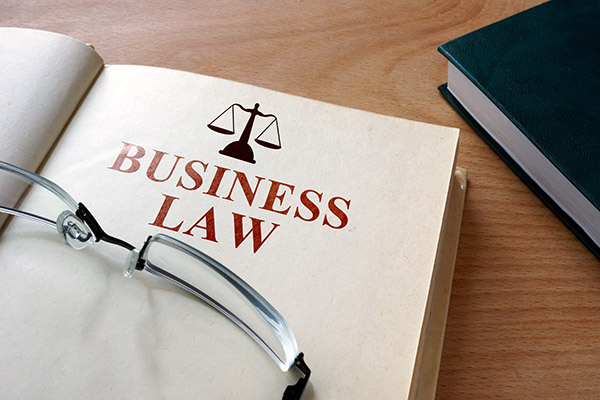From customer dispute to a competitor’s concern, a business disagreement will draw your focus out from what’s essential —that is, growing your business successfully.
There are many types of business litigations, most of which require a settlement. Recognizing such kinds of business litigation can help protect your business from those liability issues.
This post helps you understand the prevalent kinds of business court action and tips on guiding your business away from legal complications.
- Breach of Fiduciary Duty
Fiduciary relationships are legal agreements of trust between parties about business matters. The individual administering the affairs is the fiduciary whereas, a principal is a participant to which the duty is due. For instance, you, as a business owner, may play as a fiduciary to your business partner. Or the board of directors has fiduciary duties with the company they function.
Infraction of a fiduciary responsibility can cause considerable and often irreversible financial damage to the principals. In such cases, business litigation on the grounds of breach of fiduciary duty may transpire.
In dealing with issues on fiduciary responsibilities, Engel & Martin, LLC, suggest that resolving the matter promptly will mitigate further damages and save your business in many ways possible.
- Breach of Contract
Several contracts take place when business owners have customers, employees, partners, suppliers, etc. These contracts extend to service obligations, insurance policies, sales, supply, employment, and many more.
Any breaching of the contract will result in complaints, which most of the time need either financial damages or a settlement. Business owners typically must consider the direction they want to take before pursuing the litigation with another entity for a contract breach.
Towards this end, a business litigation lawyer should outline the process and suggest what alternatives are open.
- Torts and Tortious Intervention
In the business setting, tort cases arise when a party claims that a business caused damages physically or emotionally. Cases of torts come in various forms and may be derived from explicit threats or damages to personal safety, the security of property, or finances.
In the same manner, tortious intervention with a business agreement is comparable to contract intervention. Except that there is no need for an official contract.
In the case of a tortious intervention, a person or another business entity could sue you if you knowingly meddled with business contracts. And your actions resulted in an infringement, which caused damages to either party involved.
- Disputes Over Intellectual Property
Something that you’ve produced out of your intellectual capacity belongs to you. You’ll need to do some legal actions if anyone uses it without your consent. You can assert to prevent disclosure of business strategies, to stop anyone from breaching your patents, copyrights, and to sue for damages whenever intellectual properties are compromised.
- Defamation
When an entity spreads falsehood about your business and destroys its reputation and credibility, you can press for damages—or worst litigation. While oral defamation is classified as slander, it is called libel when imprinted on paper or posted online. To be accepted defamation, a statement must be:
- Absolutely incorrect.
- Causing apparent harm to your organization or credibility.
- Influence prospect clients’ buying decisions.
- Disputes with Employees
Contracts or operations within the business organization may result in disagreement with employees. Multiple lawsuits could crop up against your company, such as discriminatory practices, unfair dismissal, intimidation, and unjustified contract terms.
A reliable lawyer is essential in supporting your business to address. Aside from that, a lawyer is also needed in seeking an appropriate solution for the lawsuits.
- Product Liability
Specific issues may occur when clients or customers fall ill or suffer injuries. These are mostly related to product liability. These can influence the entire company or a single employee. Often, insurance providers or assessment procedures provide a way out of these litigations.
However, when your product or services was proven to cause the injury, you may end up engaging the complainant through settlement mediation.
- Disputes with Shareholders or Partners
Frequently, when businesses don’t go well, and profits are scarce, disputes with partners or investors may arise. The conflict may result in litigation. Grounds may include everything from accusations that the business isn’t managed adequately to noncompliance with fiduciary responsibility.
Contacting an attorney for business litigation would be best if you think your argument falls under the same situation.
Wrapping Up
Businesses generally don’t consider a policy until after a dispute arises. Conflicts may occur because of differences in definition, uncertainty, demands of evidence, and many other problems.
Thus, when a business-related problem arises, business owners must seek guidance from lawyers familiar in complicated policy arbitration and resolutions to address the issue.





